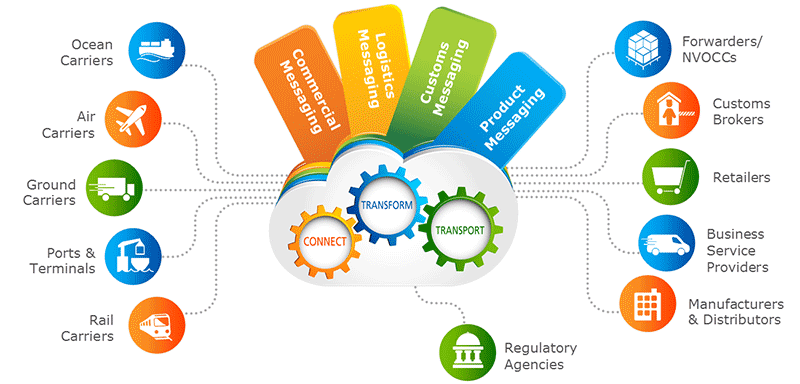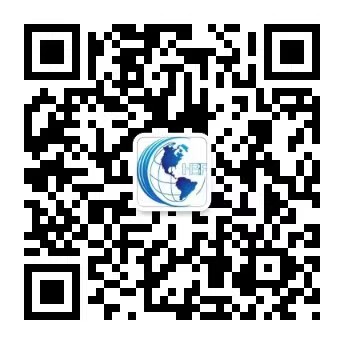印尼电商行业面临税务监管加强与查仓风波的双重挑战
雅加达,2月27日——在印尼的查仓风波尚未平息之际,新的税务改革浪潮又将重塑电商行业。印尼政府正在加强税务执法力度,电商平台成为此次行动的首要目标。尽管目前尚未有官方公告,但从近期电商平台传出的信息来看,行业变革已迫在眉睫。
电商平台卖家税务合规成为强制要求
关注此次事件的卖家一定还记得,在印尼七部门联合查仓的同时,电商平台似乎正在为后续监督卖家依法纳税做准备。根据新规,电商卖家和服务提供商必须向税务机关登记并报告交易情况,以便政府进行监督和核实纳税情况。此举旨在加强对行业的监管力度。
印尼领先的电商平台Tokopedia已发布通知,要求卖家从2月10日起逐步完善税务信息。未能提交税务信息的卖家将面临提款受限的问题。对于企业卖家,其税务信息需经过验证,以便平台开具有效的税务发票。
个人店铺避税之路被堵死
随着这些措施的实施,希望通过个人店铺避税的卖家策略已被打破。电商平台正逐步收紧税务要求,提升经营店铺的门槛。这标志着“零门槛”时代的结束,新注册店铺需要满足更严格的合规要求,否则可能面临资金冻结或影响名下其他店铺的风险。
电商行业呈现三大趋势
店铺注册难度升级:轻松注册店铺的时代已经过去。新的法规要求更严格的合规性,平台也将更严格地执行这些规则。
精细化运营成为解决方案:过去那种“摆地摊”式的多店铺运营模式已不可行。拥有品牌意识的店铺将拥有更长的生命周期,行业正朝着精细化运营的方向发展。
税务透明化:随着电商平台与税务局数据的打通,税务缴纳变得更加透明。偷税漏税行为将无处遁形,合规纳税成为行业共识。
平台与政府携手合作
作为主要市场参与者,头部电商平台与印尼政府共同参与税制改革。联合监控交易并验证税务合规性被视为必要的监管手段。然而,印尼政府在税款征收上的强硬态度,尤其是其试图“挤干”电商GMV水分的做法,让许多卖家感到不安。
税务合规成为新常态
税收政策一直是政府影响经济行为的有效工具。作为东南亚最大的电商市场,印尼政府一直高度重视电商税务带来的高收入,这也是其频繁查仓的原因之一。印尼税务总局近期表示,将继续集中精力征收税款,并通过加强税收教育、监督和执法等措施提高税率。这一承诺正在逐步落实到行动中,印尼政府对数字税收监管的政策正在逐步收紧。
目前正在进行的年度纳税申报要求所有有收入或纳税人识别号(NPWP)的公民参与,企业则需要对整个纳税年度或部分纳税年度的所得税进行申报。
结论
随着印尼电商行业面临新的监管挑战,卖家必须适应这一变化。税务合规不再是可选项,未能适应的卖家可能会处于显著劣势。
Indonesian E-commerce Industry Faces Tightening Tax Regulations Amid Warehouse Inspections
Jakarta, February 27 — As the recent warehouse inspection storm in Indonesia continues to unsettle the e-commerce sector, a new wave of tax reforms is set to reshape the industry. The Indonesian government is intensifying its tax enforcement efforts, with e-commerce platforms being the primary target. Although no official announcements have been made yet, the industry is bracing for significant changes based on recent developments.
Tax Compliance Becomes Mandatory for E-commerce Sellers
Sellers who have been following the situation closely will recall that while the Indonesian government was conducting joint inspections by seven departments, e-commerce platforms appeared to be preparing for stricter tax compliance measures. Under new regulations, e-commerce sellers and service providers are required to register with the tax authorities and report their transactions to ensure proper tax payments. This move aims to enhance government oversight and verify compliance.
Shop Tokopedia, one of Indonesia's leading e-commerce platforms, has issued a notice requiring sellers to gradually complete their tax information starting from February 10. Sellers who fail to submit the required information will face restrictions on their withdrawals. For corporate sellers, tax information must be verified to enable the platform to issue valid tax invoices.
End of Tax Evasion through Personal Stores
With the implementation of these measures, sellers hoping to evade taxes through personal stores have seen their strategies shattered. E-commerce platforms are progressively tightening tax requirements, raising the barriers to entry for operating online stores. This marks the end of the "no-barrier" era, as purchased stores are now more likely to face frozen funds or affect other stores under the same name.
Key Trends in the E-commerce Industry
Increased Difficulty in Store Registration: The era of easy store registration is over. New regulations require stricter compliance, and platforms are expected to enforce these rules more rigorously.
Refined Operations as a Solution: The old method of operating multiple stores with a "street stall" mentality is no longer viable. Stores with a brand-conscious approach are likely to have longer lifespans, as the industry moves towards more refined operations.
Transparency in Tax Payments: With data integration between e-commerce platforms and tax authorities, tax payments are becoming more transparent. Tax evasion will become increasingly difficult, as non-compliance will be easily detected.
Collaboration between Platforms and Government
As major market participants, leading e-commerce platforms and the Indonesian government are working together to implement tax reforms. Joint monitoring of transactions and verification of tax compliance are seen as necessary regulatory measures. However, the Indonesian government's aggressive approach to tax collection, aimed at "squeezing out the water" from e-commerce GMV, has left many sellers feeling uneasy.
Tax Compliance as a New Reality
Tax policies have long been an effective tool for governments to influence economic behavior. As the largest e-commerce market in Southeast Asia, Indonesia has always placed a high priority on tax revenue from the e-commerce sector. The recent crackdown on tax evasion is part of a broader strategy to increase government revenue.
The Indonesian Tax Office has announced that it will continue to focus on tax collection, implementing various measures such as strengthening tax education, supervision, and enforcement. This commitment is reflected in the ongoing annual tax declaration process, which requires all citizens with income or a taxpayer identification number (NPWP) to participate. For businesses, this means declaring income tax for the entire fiscal year or specific portions of it.
Conclusion
As the Indonesian e-commerce industry navigates these new regulatory challenges, sellers must adapt to the changing landscape. Compliance with tax regulations is no longer optional, and those who fail to adapt may find themselves at a significant disadvantage.







